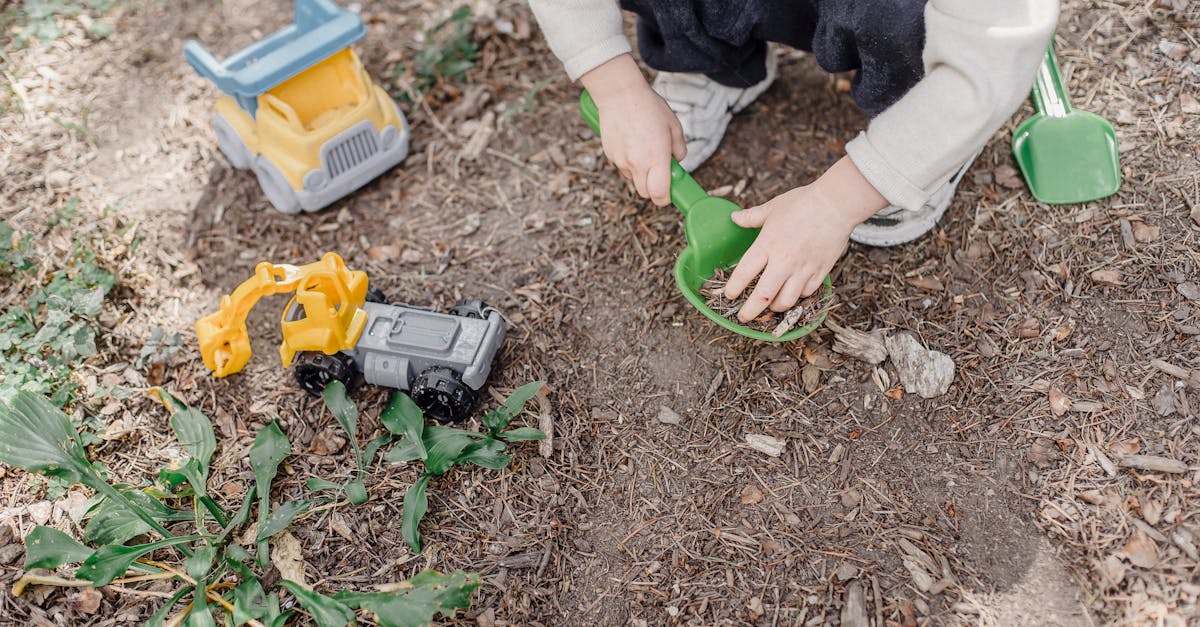Why Friends Matter: The Role of Peers in Language Learning
Did you know your child’s friends can dramatically shape their language skills? It’s true! Children naturally mimic those around them, and this especially applies to language. Friendships offer rich, dynamic environments for practice and learning new expressions.
Ever noticed how your child picked up slang or a funny accent from a school buddy? They’re under peer influence! It’s not just about learning words, but also about understanding social cues and context in conversations. Therefore, encouraging positive friendships can contribute significantly to your child’s linguistic development.
 Remember: Children learn not only from formal education but also from the interactions they have with their peers. So, fostering healthy and positive friendships can play a vital role in shaping your child’s language learning journey.
Remember: Children learn not only from formal education but also from the interactions they have with their peers. So, fostering healthy and positive friendships can play a vital role in shaping your child’s language learning journey.
Social Butterflies: Encouraging Positive Peer Interactions
Social butterflies often have an edge in language acquisition. Setting up playdates, joining group activities, and fostering an environment where communication flows freely can help. When children interact with peers, they’re not just having fun; they’re learning vital communication skills.
Admit it, you’ve seen shy kids open up around friends. Encourage your child to tell stories, ask questions, and share experiences. This not only boosts their vocabulary but also their confidence in using new words. It’s like their own social language laboratory!

Navigating Negative Influences: When Peers May Hinder Progress
But wait, it’s not all sunshine and rainbows. Peers can sometimes be negative influences. Imagine your child picking up improper grammar or rude language. Ouch! It can be challenging, but don’t panic. Awareness is key. Monitor who your child interacts with and become a part of their social world. Have gentle conversations about the types of language that are and aren’t acceptable. Positive reinforcement and setting good examples also work wonders. Remember, you’re their ultimate role model, even if you’re not their playmate!
Emotional Roller Coaster: Addressing Language-Related Anxiety
Let’s talk about the emotional side. Learning a language can be a roller coaster of emotions for kids. Have you noticed them feeling shy or anxious speaking in a group? Peer pressure is real, and it can amplify these feelings.
Be empathetic and supportive. Share your own experiences of learning something new or making mistakes. Humor helps too—laugh about your own language blunders. Creating a safe space for your child to express themselves without fear of judgment can decrease anxiety and increase their willingness to participate.

Practical Tips: How Parents Can Support Language Development
Wondering how you can make a difference? Start small. Encourage daily reading habits and interactive games that require speaking. Apps and online platforms like language-learning games can be fun and educational. Keep conversations going at home, make mealtime a chatty affair. And don’t forget the power of praise. Celebrate even the smallest linguistic victories. Simple acts of support can boost your child’s confidence and motivation. By being a proactive parent, you help cultivate an environment conducive to excellent language development.

Supporting your child’s language development is a rewarding journey that can start with simple everyday actions. Create a language-rich environment at home and watch your child flourish!
